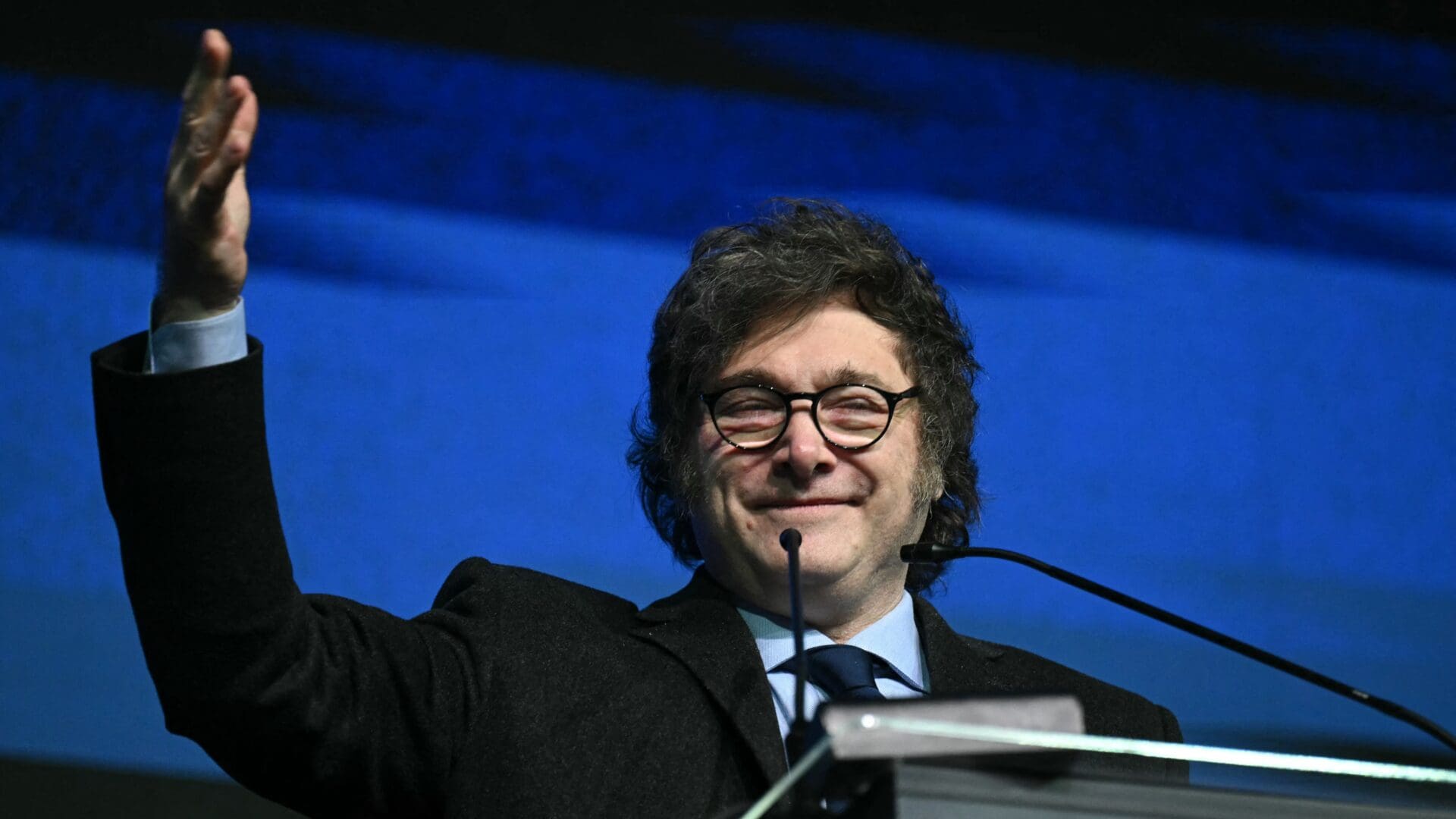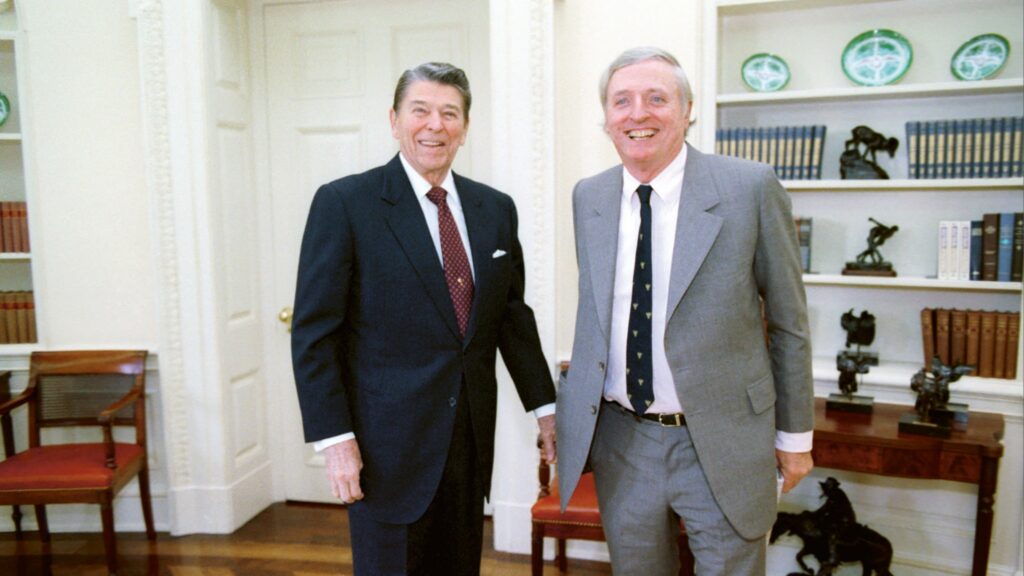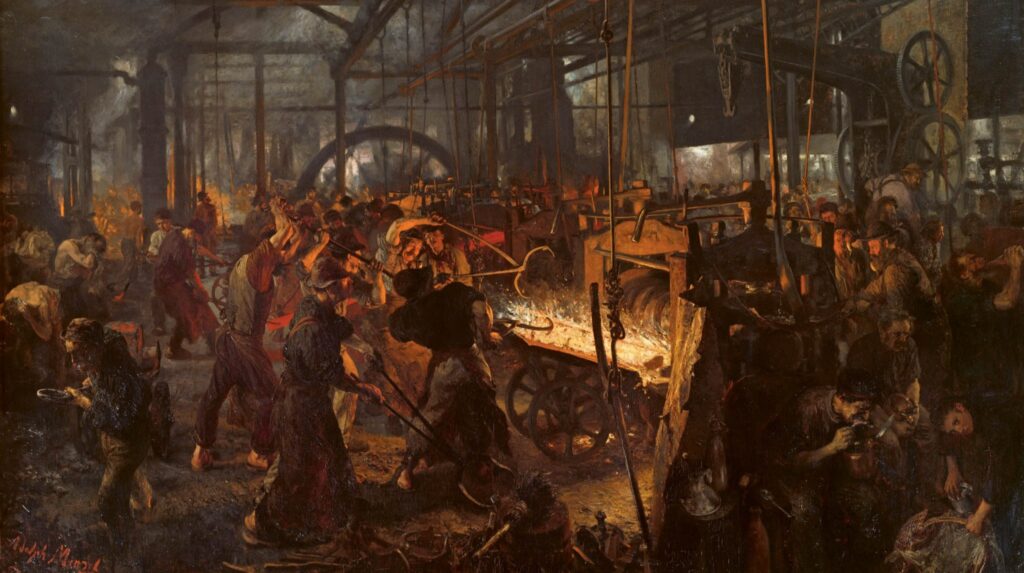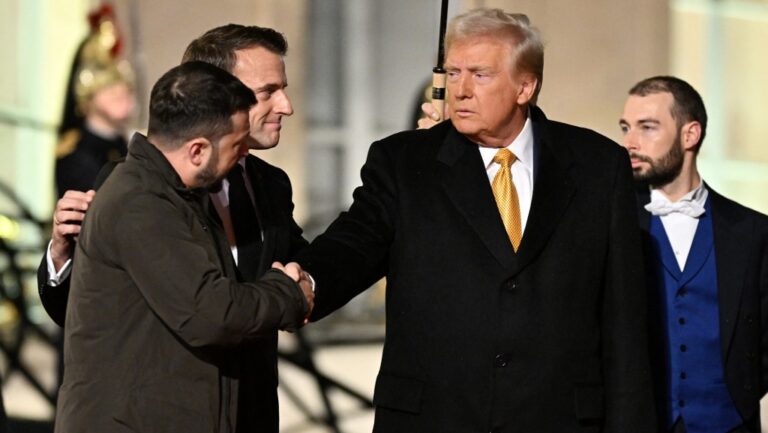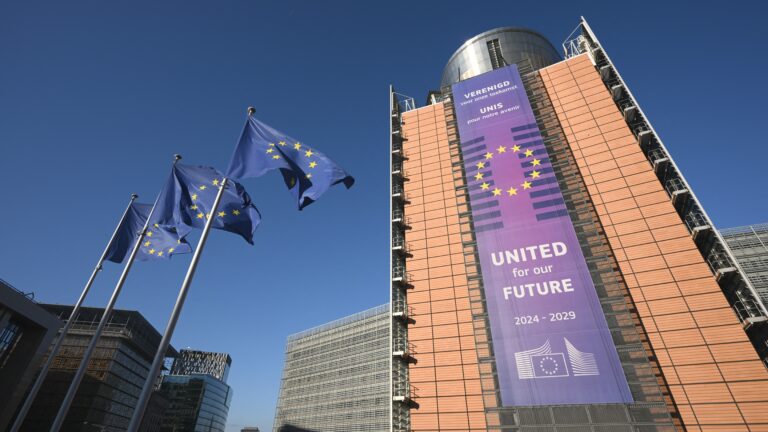Javier Milei’s libertarian project for Argentina has generated waves both at home and abroad. His ideology is essentially a hybrid of conservatism and libertarianism, as I wrote in an earlier piece on the new president of Argentina. Now, after his appearance at CPAC 2024 in Brazil, there is an opportunity to examine his vision of Latin American international politics and the role of the left in history. His vision outlined in his speech at CPAC 2024 provides a creative vision of reframing the relations of elites with the subaltern social strata, and their relationship with political ideologies. He also accentuated his position on the continental situation and his stance in confronting his ideological enemies.
Javier Milei stabilized his situation in the first six months of his administration. He managed to push through his Omnibus Bill (or Base Law) by the end of June, which aims to provide a comprehensive legislative foundation for his vision of transforming Argentina. The Pact of May 25, outlining a broad pro-market agreement on the Argentinian state, was also signed on 9 July by the central government and the state governors. This provided another critical political and symbolic victory for the libertarian president. Amid these emboldening events, a CPAC event organized in Brazil provided him a prime opportunity to accentuate his vision of the relationship between elite politics, popular sentiment, and the dominating ideologies of the West.
A major rhetorical invention of Milei is
to channel resentment with the establishment toward a conservative vision.
This is a classic expression of his ideology, rebellion against the ‘collectivist’ Argentine establishment. ‘Socialism is the ideology of the rich,’ he declared. He presented left-wing ideologies as a vehicle for elite power grab. According to his model, socialism is a bad by-product of the overconfidence of societies at the top of economic cycles. When the national economy provides abundant resources, these improvements are seen as immanent, and the possibility of redistribution as endless. Then, a part of the ‘elite’ uses the promises of redistribution as a way of grabbing and solidifying power, making society overdependent on their handouts and, ultimately, subjugating them as a society.
This vision of socialism is surprisingly close to, for example, Reaganism’s vision of totalitarian systems. This time, however, Reagan’s vision comes to a homegrown Latin American movement. In these times when capitalism is criticized from all across the political spectrum, Javier Milei is making it a core tenet of his vision for Latin America. ‘Justice is when someone takes an effort and, if he does it properly, could take ownership of the fruits of his labour.’ The positive tone is especially captivating. Milei spoke about the Latin American situation as a state of abundance, where the productive forces only need to be liberated to create an ideal state of affairs. This echoes a bit of ‘new frontier’ optimism in the continent. In an overpopulated and aging world, Latin America is a continent with a young population and supposedly ample natural resources, or at least resources not systematically utilized. After decades of growth but also rising societal tensions in Latin America, the debate is about building new redistributionist regimes or following other paths. Milei contributes to this debate by using and renewing classic North American ideas about the forces of free enterprise and free capital. In a young and dynamic continent, these can potentially be powerful imaginations. At the same time, characteristically of his ideological brand, he equated this liberation with the defence of conservative values: ‘God, country, family.’
Of course, the success of these is dependent on dismantling old, close-minded elite politics. Milei earnestly sought in his speech to portray old habits of elite rule and authoritarianism of his own regime as forces to be rejected. The phenomenon of political nepotism was regularly invoked, which means that a core criticism against Latin American capitalism is well-known to him. Of course, he defined this as part of socialism, but it needs to be noted that the role of capitalism in enriching Latin American and other Global South elites is frequently invoked. Milei expressly rejected the entanglement of politics and the economic elite, which is at least rhetorically a useful tool to present capitalism in a renewed form. He draws a contrast between ‘good’ capitalism and ‘socialist nepotism’: ‘Look how Maduro’s children live, look how the children of some from the same country live, all multimillionaires who live like they founded Google.’ The Argentinian president elaborated on the negative effects of the ‘censure’ of public speech, defining the fight for free expression so important in the West today as another element of the anti-authoritarian struggle.
Laws, generally, were identified as antitheses of liberty: the more laws, the less justice and freedom.
Specifically reflecting on Argentine history, he also mentioned the ‘period since 1975’ as a negative trajectory for Argentina. This period is well-known and frequently invoked for the period of the bloody military regime of Jorge Videla between 1976 and 1982. Milei enumerates this era alongside with all the other periods of Argentinian decline, which strengthens the notion that he is not playing along with authoritarian nostalgias as other Latin American political forces.
Of course, the dismantlement of old elite reflexes would not be easy. Argentina, a nation with a rich tradition of capitalist enterprise, may enjoy an advantage in this field, but other Latin American nations with much more collectivist cultures and quasi-feudally entrenched elite groups may not be this eager to adopt new universalist Argentine visions.
Milei’s universalist vision of socialism and the fight against it with the liberation of productive forces is not devoid of material, geopolitical enemies. The regimes of Venezuela and Bolivia were singled out for attack as regimes of undemocratic character. Interestingly, the recent Bolivian coup attempt was mentioned as a ‘false coup’. With this rhetorical move, he made an accusation directed at the undemocratic prolongation of the socialist establishment’s hold on power. This is especially interesting in light of the Argentinian government’s mistake not to condemn the coup at earnest but publicly and unamicably stating that Buenos Aires ‘is monitoring developments’.
An informative sign of Milei’s pragmatism is that among the enumeration of continental enemies, Bolsonaro’s ‘persecution’ was only fleetingly mentioned, along with the alleged ‘censure’ of political opinions in the country, and the Forum of Sao Paulo, a group of left-wing forces of the continent as a negative force. These obviously served as rhetorical support for his allies, the Iberosfera network of conservative parties, and naturally, the former Brazilian president, one of his most important hosts. Prolonged rhetorical attacks on the Brazilian government did not materialize. Attacks on China were not elaborated on either; just the ‘European and Asian socialisms’ and the enormous number of their victims were mentioned as an umbrella term.
This points to the pragmatic character of the Argentinian president.
Argentina is still not economically stable and may not be, in the foreseeable future, strong enough to allow Milei for confrontations with the biggest partners of the country, those who originally saw Milei as the antagonist. According to reports, Milei did not reciprocate the audience’s anti-Lula chants directly. In this sense, the Argentinian president’s conservative vision is not prone to picking unnecessary geopolitical fights anymore. This aggressivity was frequently invoked during his presidential campaign. The softening of his tone represents a predictable development of a time spent in power, a result of him recognizing his opportunities and constraints.
The country, alongside with Chile, is the most developed countries of the region. While in Chile anti-establishment sentiments led to a left-wing experiment with the government of Gabriel Boric, Milei represents the opposite in this regard. It will be interesting to see which direction could serve as a model for the hemisphere: would it be a new Pink Tide or, as a result of the Argentine experiment, conservative-leaning supercharged libertarianism?
Read more from the author:

